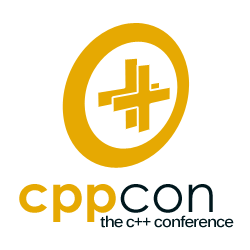Top 15 C++ Exception handling mistakes and how to avoid them--Deb Haldar
 This article changed my vision about exceptions:
This article changed my vision about exceptions:
Top 15 C++ Exception handling mistakes and how to avoid them
by Deb Haldar
From the article:
Do you use exception handling in your C++ code?
If you don’t, why not?
Perhaps you’ve been conditioned to believe that exception handling is bad practice in C++. Or maybe you think that it’s prohibitively expensive in terms of performance. Or maybe it’s just not the way your legacy code is laid out and you’re stuck in the rut.
Whatever your reason is, it’s probably worth noting that using C++ Exceptions instead of error codes has a lot of advantages. So unless you’re coding some real-time or embedded systems, C++ exceptions can make your code more robust, maintainable and performant in the normal code path (yes performant, you read that right !).
In this article we’re going to look at 15 mistakes that a lot of developers make when just stating off with C++ exceptions or considering using C++ exceptions...

 Have you registered for CppCon 2016 in September?
Have you registered for CppCon 2016 in September? 
 Have you registered for CppCon 2016 in September?
Have you registered for CppCon 2016 in September?  Have you registered for CppCon 2016 in September? Don’t delay –
Have you registered for CppCon 2016 in September? Don’t delay –